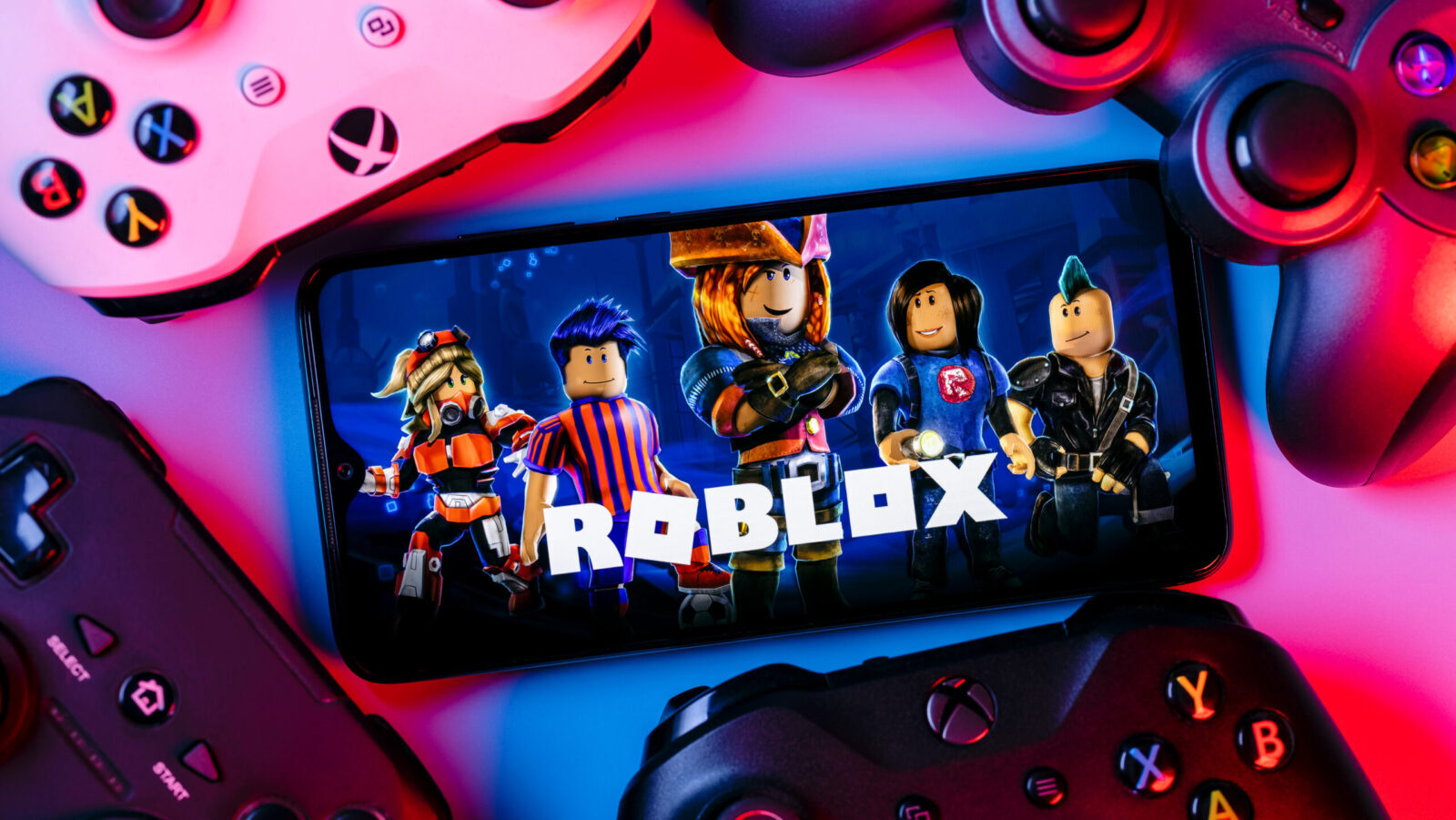Roblox Accused Of Negligence Over In-Game Currency Used In Virtual Casinos By Kids
Parents are accusing the gaming company of failing to warn kids that the in-game currency Robux could be used in virtual casinos.
1 min

In a court hearing on Thursday, parents accused gaming company Roblox Corporation of negligence and fraud by failing to warn players and parents that the in-game currency Robux could be used to play in virtual casinos operated by third parties.
The parents asserted in a complaint that Roblox knew that these gambling websites accepted Robux deposits. Roblox also charges a 30% fee to convert Robux into real dollars, so the complaint asserts Roblox made millions of dollars.
When the parents initially lodged the complaint, they wanted a jury trial, accusing Roblox of violating anti-racketeering law. U.S. District Judge Vince Chhabria, who is overseeing the case, dismissed this in March but did accept the claims of negligence and the violation of California’s Unfair Competition Law.
Roblox has tried to get the class action dismissed by arguing that it is not responsible for Robux transactions that take place outside its game. Therefore, any damages to the children from playing gambling games through off-site platforms came from online casinos. The counsel for Roblox, Tiana Demas, said “There’s clearly an effort to detect and block suspicious transactions” from Roblox.
Judge Chhabria said this argument was “hard to swallow,” continuing that “the idea that you have no duty to protect the people who you invite in and make a bunch of money off of when they participate in this virtual world seems strange to me.”
Communication breakdown
On Thursday, there was confusion about the nature of the plaintiff’s argument, with debates over whether the case was about Roblox defrauding the parents or the children.
Judge Chhabria asked plaintiff lawyer Ezekiel Ward, “Paragraph 15 appears to be about speculation about how Roblox communications may have reached the parents. Now, you’re saying the claim is that Roblox defrauded the children?”
Ward responded, “It adequately establishes that there were instances in which the children necessarily communicated with Roblox, and where if Roblox had made these disclosures about gambling, children would have seen them and would have been able to rely on them.”
Demas argued against this, saying, “The problem is the complaint doesn’t allege fraud on the children, nor could the court logically draw that inference because the complaint is littered with screenshots from the virtual casinos that the children allegedly went to that say: ‘You have to be 18 or older.’ That provided examples of clear disclosures that the children would have seen and ignored.”
The Roblox issue comes amid other concerns about gambling industry influencers marketing to younger audiences, in some instances promoting unlicensed or cryptocurrency casinos.





